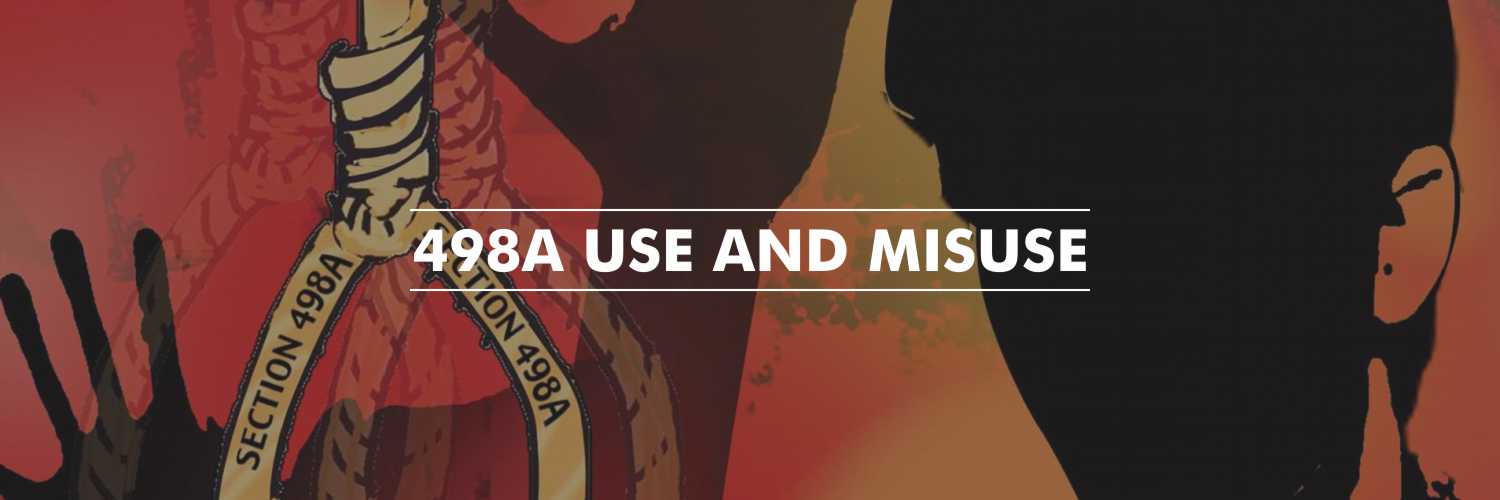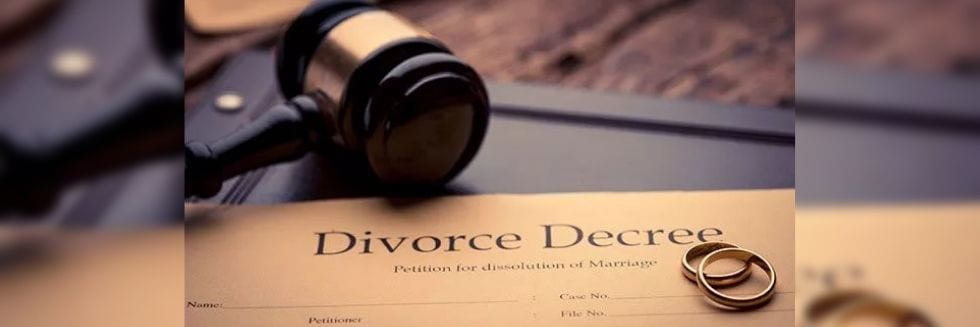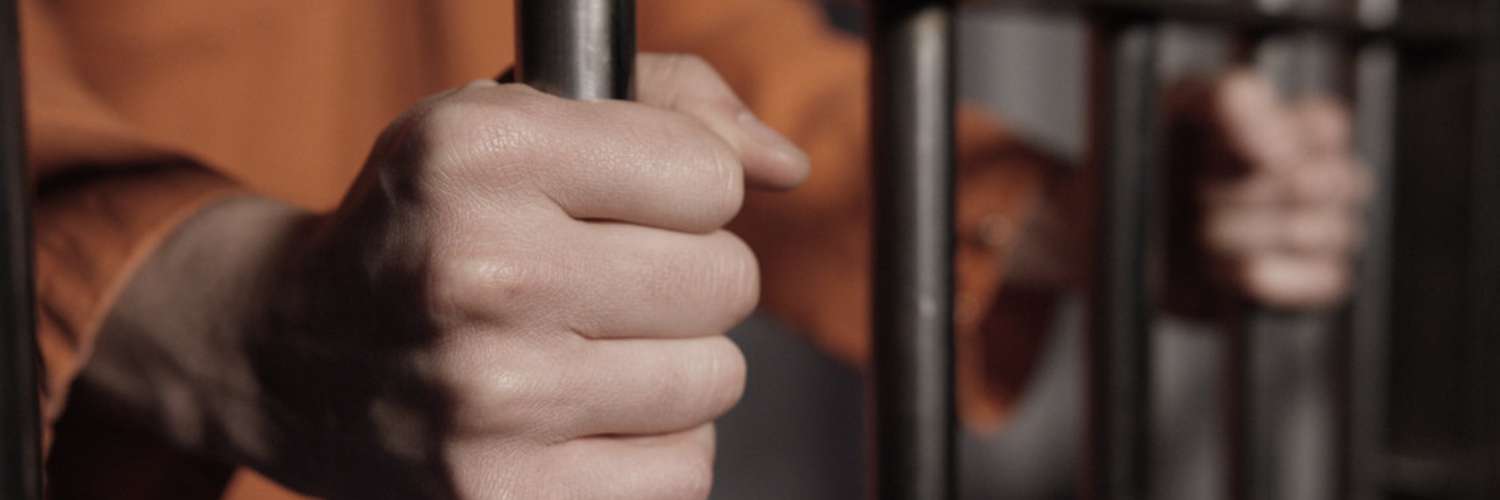“Every dowry demand is a death threat.”
According to the National Crime Records Bureau’s report (2012 data), 8,233 incidences of dowry deaths were reported under Section B of the Indian Penal Code (IPC) and 1,06,527 incidences of cruelty by husband or his relatives under Section 498 A of IPC. It is evident that it will take too long to cure the malady of crime against women in India and the insertion of Section 498A of Indian Penal Code, 1860, and the Protection of Women from Domestic Violence Act, 2005, is an attempt towards safeguarding and providing protection to the women from violence of all kinds. It is one of the major anti-dowry laws in India.
Section 498A was introduced in the year 1983 after seeing the rampant nature and prevalence of reported cases for cruelty against women. The insertion of Section 498A IPC is a penal provision together with allied provisions in the Code of Civil Procedure are so designed as to impart an element of deterrence. However, instances of false and exaggerated allegations and implication of several relatives of the husband and his family have been pouring in a rampant manner leading to a widespread acknowledgment of these beneficiary laws as a means to exact revenge by disgruntled wives.
What is Section 498A of IPC?
“Accept her with love. An educated bride is a lot better than a billion currency.”
Almost in 4 among 5 domestic violence or cruelty against women cases are related to dowry. In various stigmas of Indian society, dowry still possesses its place in the top 10. Mental and physical torture to the wife to meet the unlawful demands of the husband and his relatives comes under cruelty. The Government of India by way of the Criminal Law (Second Amendment) Act, 1983 on 26th December 1983 amended the Indian Penal Code, 1860 (IPC) and inserted a new Section 498(A) under Chapter XX-A, Of Cruelty By Husband Or Relatives Of Husband. Section 498A of IPC has come as a major amendment in the Indian Penal Code, 1860 which was inserted in 1983 for the safeguarding of women’s rights and empowerment. The extortion of any kind of property by subjecting a woman to cruelty is punishable under Section 498A of the Indian Penal Code.
The expression ‘cruelty’ has been defined in wide terms so as to include inflicting physical or mental harm to the body or health of the woman and indulging in acts of harassment with a view to coerce her or her relations to meet any unlawful demand for any property or valuable security. Harassment for dowry falls within the sweep of the latter limb of the Section and creating a situation driving the woman to commit suicide is also one of the ingredients of ‘cruelty’.
Section 498A states that if a husband or relative of husband of a woman subjects such woman to cruelty shall be punished with imprisonment for a term which may extend to three years and shall also be liable to fine. The offense under Section 498A is cognizable, non-compoundable and non-bailable.
Ingredients of Section 498A IPC
Section 498 (A) is the only section in the Indian Penal Code, 1860, that recognizes domestic violence against women as a crime. Insertion of Section 498A was done with the idea of curbing cruelty against married women by her husband and in-laws and subsequent amendments were also made in the Code of Criminal Procedure, 1973 and the Indian Evidence Act, 1972 by the same amendment to effectively deal with cases of dowry deaths and cruelty to married women by the husband, in-laws and relatives.
In addition to the 498A, the Protection of Women from Domestic Violence Act, 2005, is also a linchpin to curtail the immoral and offensive practices against women. The complainant can apply for the reliefs under section 18-22 and interim reliefs can be obtained by the appellant under Section 21 of the Domestic Violence Act.
The basic essentials to attract Section 498A are:
- The woman must be married;
- She must be subjected to cruelty or harassment; and
- Such cruelty or harassment must have been inflicted either by the husband of the woman or by the relative of her husband.
A bare perusal of this section highlights that the word ‘cruelty’ covers the occurrence of the following act(s):
- Any willful conduct which is of such a nature as is likely to drive the woman to commit suicide or to cause grave injury or danger to life, limb, or
- health (whether mental or physical) of the woman; or
- Harassment of the woman where such harassment is with a view to coercing her to meet any unlawful demand for any property or valuable security or is on account of failure by her or any person related to her to meet such demand.
Classification of Offense under Section 498A
Cognizable offense – Offences are divided into cognizable and non-cognizable. Cognizable offenses are those where the police can arrest without any warrant in accordance with the First Schedule or under any other law for the time being in force. The cases reported under 498A are cognizable if information related to the commission of the offense is given to the officer.
Non-Compoundable Offense – The offenses registered under 498A are non-compoundable except in Andhra Pradesh. Non-compoundable offenses are those in which the complaint cannot be withdrawn e.g., rape, dowry death, murder, etc.
Non-Bailable Offense – There are two kinds of offenses, bailable and non-bailable. 498A is non-bailable. Non-bailable offenses are serious offenses where bail is a privilege and only the courts can grant it. The cases under 498A are non-bailable and bail can be granted under the discretion of the magistrate.
Punishment under Section 498A
All the convicted ones will be subjected to the imprisonment for a term which may extend to 3 years or shall be liable to fine under Section 498A punishment. There are certain other provisions too which are interrelated to this IPC section, i.e. the Protection of Women from Domestic Violence Act, 2005, the Indian Evidence Act, 1872, etc.
Section 113B of Indian Evidence Act, 1872 deals in case of presumption of dowry death through brutal physical and mental torture to the woman. The applicability of this section remains for 7 years. So it applies to the cases where the wife commits suicide or her death happens within the 7 years of the marriage.
Section 306 of IPC also plays a significant role in 498A matters. The person who abets a person to commit the suicide will be sentenced to the imprisonment of either description for a term which may extend to 10 years or can be charged with a fine.
Who can file a complaint under Section 498A, IPC?
Most significantly, the victim i.e., female must be married to the person to register a case under 498A case proceedings. Even the second wife holds the right to file a case against her husband and other perpetrators for subjecting her to cruelty and harassment. But any other woman who is not in a marital relationship with the person cannot file the complaint about the cruelty she has gone through under Section 498A of IPC. The complaint can either be filed by the aggrieved woman, or any other person related to such aggrieved woman by blood, adoption, or marriage. In fact, it can be a public servant also who is notified by the State government.
Limitation Period for Filing a 498A Complaint
There is a certain time limit within which the complaint has to be filed. As per section 468 CrPC, the complaint regarding the offenses under 498A must be filed within the time period of 3 years from the time the alleged last incident of cruelty happened. Exceptionally, cognizance of such offense can be cognizable by the court even after the limitation period when there is a dire need for justice.
Ugly Facet of Section 498A aka Legal Terrorism
The lawmakers designed and inserted section 498A into the legal framework with the idea of protecting women against cruelty, harassment, and other offensive. But when the cross investigations are performed to check the viability of these provisions, the number of acquittals was more in comparison to the convictions. Therefore, one who has brought 498A into action envisaging it as a shield to the women against cruelty i.e., Supreme Court, is now considering it as legal terrorism. Because misuse of Section 498A is dwindling its actual credibility. That is one of the many reasons behind calling it an anti-male law. Though there are widespread complaints and even the judiciary has taken cognizance of large scale misuse, there is no reliable data based on the empirical study as regards the extent of the alleged misuse.
The Supreme Court of India in Preeti Gupta Versus State of Jharkhand decided in 2010, observed that a serious relook of the provision is warranted by the Legislature and said: “It is a matter of common knowledge that exaggerated versions of the incidents are reflected in a large number of complaints”.
“Crime in India 2012 Statistics” published by the National Crime Records Bureau, Ministry of Home Affairs shows the arrest of 1,97,762 persons all over India during the year 2012 for offence under Section 498-A of the IPC, 9.4% more than the year 2011. Nearly a quarter of those arrested under this provision in 2012 were women, i.e. 47,951 which depicts that mothers and sisters of the husbands were liberally included in their arrest net. Its share is 6% out of the total persons arrested under the crimes committed under the Indian Penal Code. It accounts for 4.5% of total crimes committed under different sections of penal code, more than any other crimes except theft and hurt.
The rate of charge-sheeting in cases under Section 498A, IPC is as high as 93.6%, while the conviction rate is only 15%, which is lowest across all heads. As many as 3,72,706 cases are pending trial of which on current estimate, nearly 3,17,000 are likely to result in an acquittal. According to Report of Crime in India, 2013, the National Crime Records Bureau further pointed out that of 4,66,079 cases that were pending at the start of 2013, only 7,258 were convicted while 38,165 were acquitted and 8,218 were withdrawn. The conviction rate of cases registered under Section 498A IPC was also a staggering low at 15.6%.
Due to false accusations and immoral exercising of section 498A, the innocent, i.e. husband and his family have to suffer exponentially. During this period of suffering and ignominies, some of the men give up and commit suicide. Here the law has to exercise the power in a righteous manner with thorough investigation and cross-examination of the whole matter.
The Hon’ble Delhi High Court in Chandra Bhan versus State (order dated 4.8.2008 in Bail application No.1627/2008) introduced steps to be followed to avoid the Misuse of Section 498A of IPC which are:
- FIR should not be registered in a routine manner.
- The endeavor of the police should be to scrutinize complaints carefully and then register FIR.
- No case under section 498-A/406 IPC should be registered without the prior approval of DCP/Addl. DCP.
- Before the registration of FIR, all possible efforts should be made for reconciliation and in case it is found that there is no possibility of settlement, then, necessary steps should, in the first instance, be taken to ensure the return of stridhan and dowry articles to the complainant.
- The arrest of the main accused should be made only after thorough investigation has been conducted and with the prior approval of the ACP/DCP.
- In the case of collateral accused such as in-laws, prior approval of DCP should be there on the file
Recovery in Case of False 498A Accusations
How to fight against 498A misuse? Is there any punishment for misuse of 498A? Nevertheless, the Indian government and jurisprudence keep on adding inputs to bolster the women, men are also not neglected by law. Justice is always preferred over injustice. So the men whose reputation is defamed with false accusations can opt for some legal measures for recovery and seek protection against Section 498A IPC. Here they are:
- The husband can file a case of defamation under Section 500 of the Indian Panel Code.
- Under Section 9 of CPC, the husband can file an application for damage recovery which he and his family have undergone for the false accusations of cruelty and harassment.
- Section 182 of IPC is one of the prevalently used measures against false 498A cases. When the authority finds that the averments made were bogus, the culprit is subjected to imprisonment of 6 months or fine or both under Section 182 of IPC. The person will be charged on the grounds of misleading the judiciary with false information.
So, this all about Section 498A of Indian Penal Code, 1860, which every man, as well as woman, must be conversant with. The disparity is only curable when both the genders are going to show respect to one another and making the legal framework a much credible source of justice. It all depends upon the deployment to decide whether Section 498A is a bane or boon.
This article is written by Varsha. You can reach out to the author via email at bnbvarsha@gmail.com.
For more information and professional consultation regarding divorce matters, our expert divorce lawyers in Chandigarh can be contacted from Monday to Friday between 10:00 am to 6:00 pm and between 10:00 am to 2:00 pm on Saturdays.









